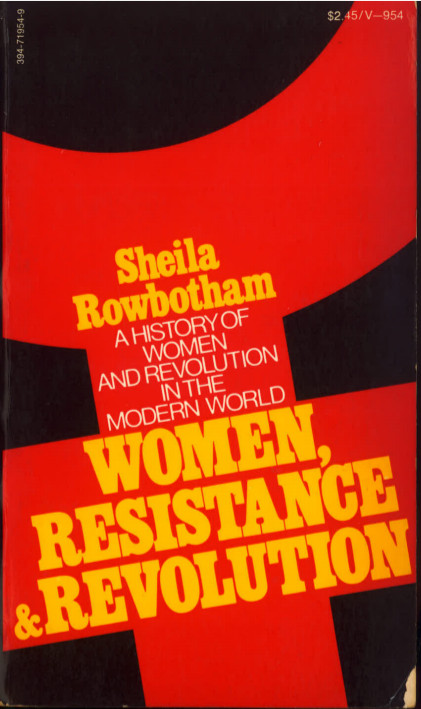Armin Medosch: Automation, Cybernation and the Art of New Tendencies, 1961-1973 (2012)
Filed under thesis | Tags: · 1960s, 1970s, art, art history, computer art, computing, cybernetics, informational capitalism, media art, politics, technology, yugoslavia
“My research investigates exhibitions as sites of research and appraises the possibilities and contradictions of a progressive and socially engaged media art practice. The international art movement New Tendencies (NT) (1961-1973) provides the material evidence through its exhibitions, symposia, artworks, catalogues, newsletters and artist’s statements. The basic methodological assumption behind my research is that new insights are gained by questioning the various interdependencies between NT and historical change.
NT was searching for a synthesis between socialist emancipation and artistic modernism by proposing to replace the notion of art with visual research. The project emerged in Zagreb, capital of Croatia which was then part of Yugoslavia, a Socialist nation which did not belong to the Eastern bloc and experimented with market Socialism combined with social self-management and self-government. Yugoslavia’s unique role between the hegemonic power blocs made it possible that an international, humanistic, and progressive art movement could emerge from its territory.
With every exhibition and conference NT articulated its artistic position and set itself into relation with the respective techno-economic paradigm. NT began during the height of Fordism, continued during Fordism’s moment of crisis in 1968, and ended when a new paradigm – informational capitalism – started to develop from within the old one. In this historical context, my hypothesis is that NT’s exploration of participatory art stands in direct relation to the rise of automation and cybernation in society. A further layer of inquiry is the historically changing relationship between manual and intellectual labour and how art addresses it.
By contextualising NT my research contributes a new dimension to the history of media art. Through the chosen methodology, a new understanding is gained not only of this important art movement but of the general dynamics of media art in the second half of the 20th century.” (Abstract)
Doctoral thesis
Arts and Computational Technology, Goldsmiths, University of London
369 pages
PDF, PDF (updated on 2015-7-12)
Comment (0)Sheila Rowbotham: Women, Resistance and Revolution: A History of Women and Revolution in the Modern World (1972)
Filed under book | Tags: · activism, feminism, history, politics, protest, resistance, revolution, social movements, socialism, women

“This is the first narrative history of feminism. Sheila Rowbotham, a young social historian, explores the relationship between feminism and social revolution, and the varied historical forms that the attempt to change the position of women has taken in the West and in revolutionary countries like China, the U.S.S.R., Cuba, Algeria, and Vietnam.” (from the back cover)
Originally published by Allen Lane The Penguin Press, London, 1972
This edition published by Vintage Books, a division of Random House, New York, January 1974
ISBN 0394719549
288 pages
PDF (no OCR)
Comment (0)Jacques Ellul: The Technological Society (1954/1964)
Filed under book | Tags: · bourgeoisie, critique of technology, economy, fascism, machine, politics, production, propaganda, technique, technological society, technology, totalitarianism

As insightful and wise today as it was when originally published in 1954, Jacques Ellul’s The Technological Society has become a classic in its field, laying the groundwork for all other studies of technology and society that have followed. Ellul offers a penetrating analysis of our technological civilization, showing how technology–which began innocuously enough as a servant of humankind–threatens to overthrow humanity itself in its ongoing creation of an environment that meets its own ends. No conversation about the dangers of technology and its unavoidable effects on society can begin without a careful reading of this book.
Originally published in French as La technique ou l’enjeu du siècle by Librairie Armand Colin, 1954.
Translated by John Wilkinson
With an introduction by Robert K. Merton
Publisher Vintage Books, a divisio of Random House, New York, 1964
449 pages
wikipedia
publisher
google books

